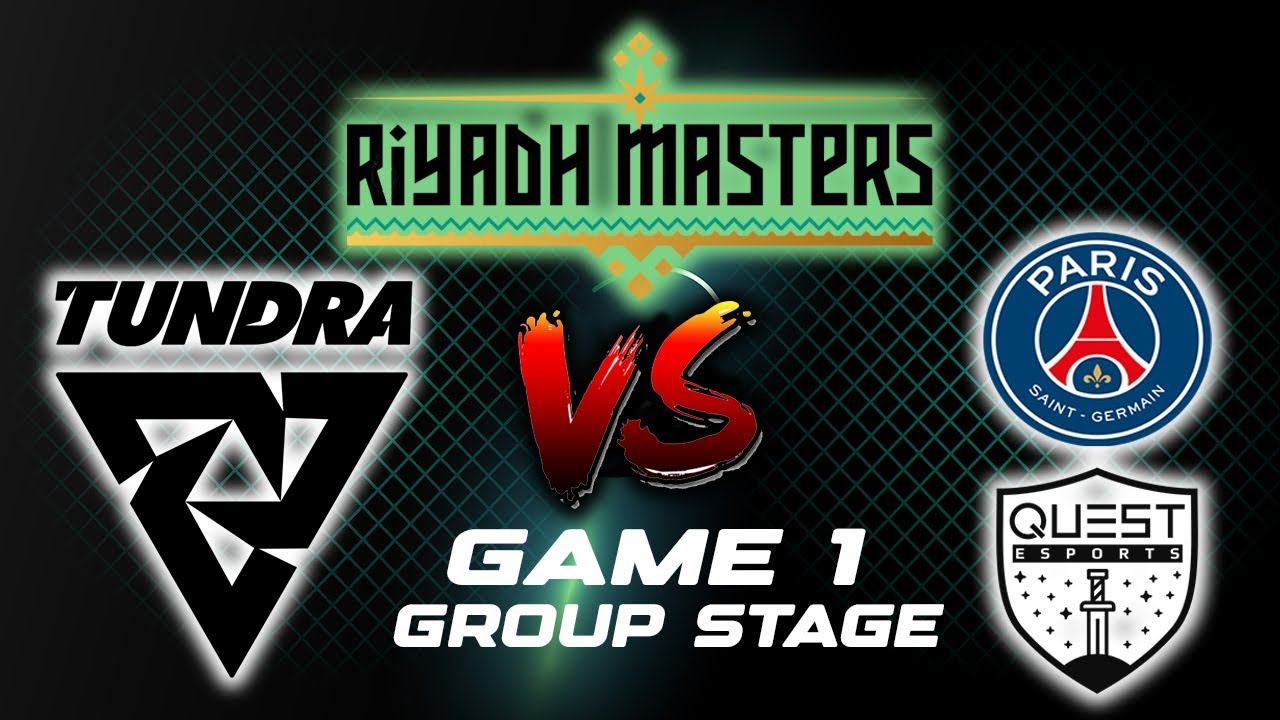In the high-stakes world of professional Dota 2, where fortunes are won and lost with every strategic decision and button press, the spotlight often finds its way to individual players. Following recent setbacks for Tundra Esports at the ongoing Riyadh Masters 2025, the familiar narrative of fan criticism quickly coalesced around the team`s carry player, Remco “Crystallis” Arets. However, a seasoned voice from the casting desk, Arseniy “ArsZeeqq” Usov, has offered a compelling counter-argument, asserting that the prevailing fan sentiment is, quite simply, misguided.
ArsZeeqq, known for his incisive analytical commentary, took to his personal Telegram channel to shed light on Tundra`s struggles, suggesting that singling out Crystallis might be missing the forest for the trees. While acknowledging that Crystallis`s item builds might not always have been optimal, ArsZeeqq contends that the core issues lie deeper within the team`s execution and collective decision-making, pointing to critical misplays by other teammates during pivotal moments.
Beyond the Carry: A Deeper Dive into Team Dynamics
The caster`s critique shifts the focus from individual mechanical errors to more fundamental strategic and tactical breakdowns. He provided specific, albeit anonymized, examples from Tundra`s recent matches, painting a picture of systemic issues that transcend any single player`s performance.
Resource Management and Missed Timings
One particular instance highlighted by ArsZeeqq involved a game where a Tundra Esports player, wielding the Leshrak hero with the team`s highest net worth, demonstrated a perplexing inability to manage resources effectively. This player, instead of joining a crucial 4-on-5 team fight where their presence was paramount, was observed showing on a creep wave before inexplicably returning to base. The consequence? A devastating engagement for Tundra, fought at a significant numerical disadvantage, entirely preventable if the player had prioritized the team fight. It’s a classic case of positional and timing errors costing a team dearly, regardless of individual skill.
The Unused Mobility: A Tale of Missed Opportunities
Another striking example came from a different game, featuring an Invoker player on Tundra. Despite possessing Boots of Travel – an item specifically designed to grant unparalleled map mobility and rapid global presence – this player reportedly failed to join three, even four, consecutive team fights. Instead of leveraging their unique ability to instantly reinforce teammates, they repeatedly chose to use their travel ability on remote creep waves. The irony here is palpable: equipping a hero with a tool for rapid engagement, only for that tool to be consistently misapplied, leaving teammates isolated in combat. This isn`t a carry problem; it`s a fundamental understanding of hero roles and map objectives.
Questionable Itemization and Target Prioritization
Perhaps the most pointed criticism was directed at a Storm Spirit player in a match against Team Falcons. ArsZeeqq highlighted the acquisition of an “Eternal Shroud,” an item choice he deemed almost comically suboptimal against an opponent draft entirely devoid of control abilities. Furthermore, this Storm Spirit player was noted for consistently mispositioning, making themselves an easy target, and inexplicably using critical crowd control abilities, like Vortex, on heroes already immune due to Black King Bar (BKB) activation, rather than targeting vulnerable support heroes in the enemy backline. “Kyotaka would have won this game alone,” ArsZeeqq quipped, implying the extent of the underperformance. This example perfectly illustrates how flawed decision-making, both in item builds and in-fight targeting, can undermine even the most skilled players.
The Broader Implications for Esports Analysis
ArsZeeqq`s commentary serves as a potent reminder that competitive Dota 2, like any high-level team sport, is a complex interplay of individual skill, team coordination, strategic foresight, and in-game adaptation. Blaming a single player, particularly the carry who often bears the brunt of the team`s successes and failures, oversimplifies the intricate web of events that lead to a defeat. It encourages a shallow understanding of the game, overlooking critical errors in macro-strategy, resource allocation, and teamfight execution that can originate from any role.
Tundra Esports recently fell to Team Falcons with a decisive 0-2 defeat in the Riyadh Masters 2025 playoffs. As the tournament progresses, Tundra Esports, with Crystallis, is slated to face PARIVISION in the third-place decider match on July 18th. With a staggering $3 million prize pool at stake, the pressure is immense. Perhaps a shift in focus, from individual blame to comprehensive team analysis, will be precisely what Tundra needs to find their footing and secure a stronger finish.
ArsZeeqq`s candid observations offer a valuable lesson for fans and analysts alike: in Dota 2, victory and defeat are rarely attributable to one person. Often, the true culprits are lurking in the less obvious corners of team synergy and tactical precision.

